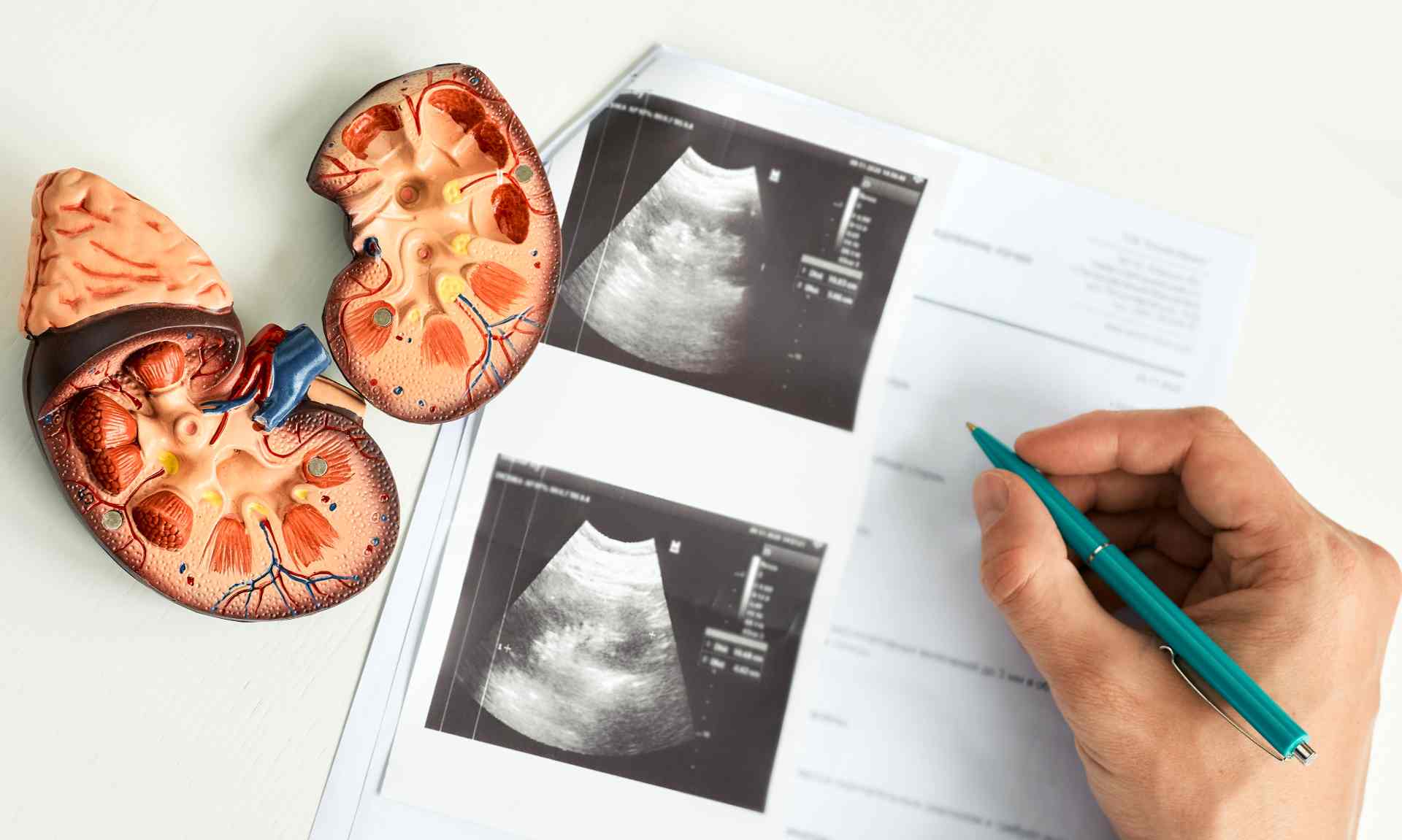Suspecting Kidney Cancer: You Need to Know This

Suspecting Kidney Cancer: You Need to Know This
Kidney Cancer is caused by an abnormal increase in the size or number of cells which form a lump or mass commonly called a renal tumor or cancer. Our kidneys are composed of several layers of cells. Any abnormal increase or growth in these cells leads to kidney cancer.
Types of kidney cancer
Various types of kidney cancer include:
- Renal cell carcinoma (RCC): Of all the types of kidney cancer, this is the most common. Tumor cells usually develop in the inner layer of small tubes called tubules in the kidney. Renal cell carcinoma can be further divided into the following types:
- Clear cell renal cell carcinomas (ccRCC): It is the most common type of RCC. When examined with a microscope, the tumor cells seem very pale or transparent.
- Papillary renal cell carcinoma (PRCC): A distinct finger-like extension can be seen in the abnormal tumor cell.
- Chromophobe RCC: This cancer appears similar to clear cell RCC but is larger. They have a better prognosis as metastasis is rarely observed in such kidney cancer.
- Collecting duct RCC: It is a rare type of RCC
- Unclassified RCC: These include other types of RCC that cannot be described as any other form of renal cell carcinomas
- Renal medullary carcinoma (RMC): A rare type of kidney cancer that affects mostly teenagers and young males; often seen in association with sickle cell anemia.
- Transitional cell carcinoma (TCC): This is also known as renal pelvis carcinoma or urothelial cancer. The tumor cell in these types of kidney cancer is similar to the common bladder cancer cell type. It is located in the pelvicalyceal system of the kidney – the passage that drains the urine from kidney to the urinary bladder.
- Wilms tumor: This is seen in children around the age of 4. These are the most common type of kidney cancer observed in children and are also known as childhood kidney cancer.
- Renal sarcoma: It is a rare type of kidney cancer that develops in the connective tissue of the kidney. The common symptoms observed in these types of kidney cancer include stomach discomfort or an expanding bulge.
- Metastatic kidney cancer: This occurs when kidney cancer spreads to other parts of your body. Kidney cancer usually spreads to distant lymph nodes, bones, liver, lungs or brain.
Signs and symptoms
Kidney cancer in the initial stages are usually diagnosed on routine ultrasound. This leads to further detailed investigations. Locally advanced kidney cancer may present with symptoms such as -
- Do you see blood in urine when you pass urine? (Hematuria)
- Are you feeling tired or sick for long?
- Do you have a regular back or side ache that doesn’t go away?
- You are losing weight without any reason
- Have you been anemic lately?
- Can you feel a lump or swelling in your abdomen area?
If you feel that the answer is yes, it is always advisable to consult your Uro-oncologist to get a thorough check-up and diagnosis done.
Investigations: You may need to take these tests
Different stages of kidney cancer may need a separate testing strategy to come to a conclusion. Some of the most common tests advised by the doctors are Ultrasound, CECT Scans, MRI and/or PET scans, urine analysis etc. If the test results are positive, your doctor may advise the biopsy test in indicated/ambigous cases to determine the final diagnosis.
What’s Next: The treatment plan?
The advancement in technology and modern medicine have evolved kidney cancer care for patients. Based on the location and extent of the kidney cancer, you shall be advised a personalized treatment plan by your Uro-oncologist. The primary form of treatment for localised kidney cancer is Surgery.
- Surgery: For all types of kidney cancer the most common treatment option is the surgical removal of cancer tissue. The main approach is to be minimally invasive (minimum damage to the body tissue) and uses modern tools and techniques (Robotic surgery and Laparoscopic surgery).
- Locally advanced cases maybe offered Open surgery as per indications including removal of thrombus from the Inferior venacava; if present.
- Wait and watch: Small renal masses maybe offered surveillance if feasible; after due discussions with the patient. Such patients maybe offered treatment if tumor shows progression on follow up
- Percutaneous ablation: The interventional radiologist may use specialized guided needles to kill the tumor cells. Extreme low or high temperature is targeted to kill the kidney cancer cells. This modality is offered in very selected subset of patients after counselling the pros and cons with the patient concerned and/family
- Immunotherapy: These are medications that are used to boost your immune system to fight back the cancer and are available for advanced renal cancers with modern day advancement These are started in due consultation with the Medical Oncologist.
Conclusion
Kidney cancer is under 10 common cancers worldwide. Early diagnosis and customized treatment plans are the keys to successfully fighting back against this cancer. The advancement in Robotic and laparoscopic surgical learning curves and modern medicine have provided a better opportunity to manage this disease under the care of Uro-oncologist.






